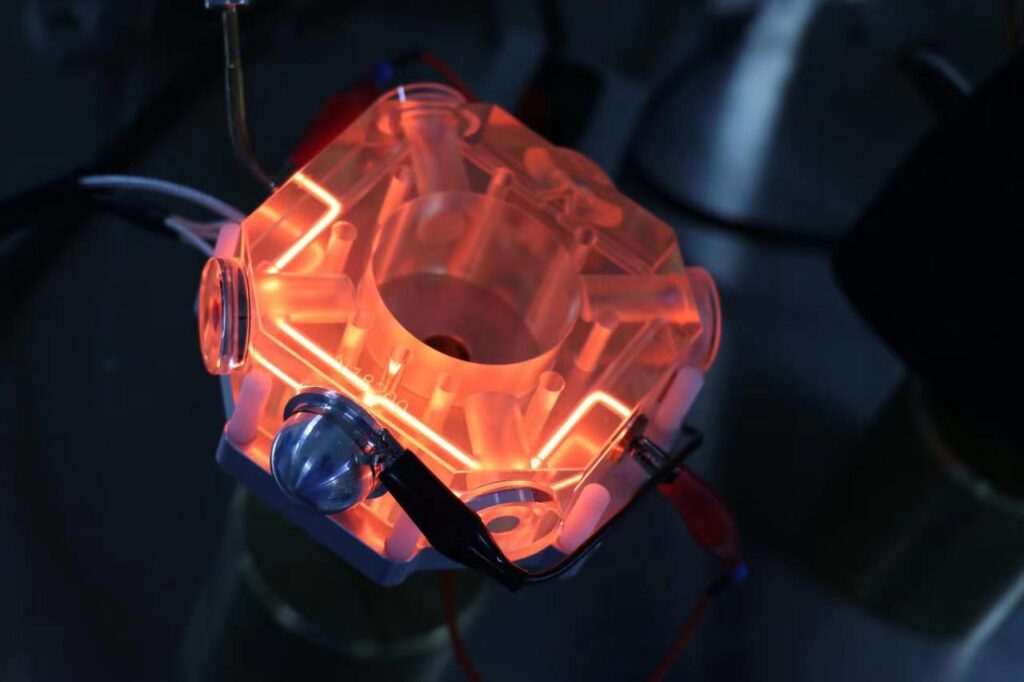Revolutionizing Navigation: The Laser Gyroscope Unveiled
Introduction: In the ever-advancing field of navigation technology, the laser gyroscope has emerged as a groundbreaking tool, offering exceptional precision and reliability. Its ability to detect even the subtlest of movements has revolutionized various industries, from aerospace to robotics. In this article, we will delve into the fascinating world of laser gyroscopes, exploring their functionality, applications, and the impact they have made on modern-day navigation.
Understanding the Laser Gyroscope: At its core, a gyroscope is a device designed to measure or maintain orientation and angular velocity. Traditionally, mechanical gyroscopes were used, but they had limitations in terms of accuracy, size, and durability. The advent of laser gyroscopes brought forth a new era in gyroscopic technology.
A laser gyroscope relies on the principles of wave interference to determine angular velocity. It consists of a laser beam split into two separate paths, with each path traveling in opposite directions along a closed loop. By analyzing the interference patterns resulting from the two beams, the gyroscope can accurately measure angular changes. Unlike mechanical gyroscopes, laser gyroscopes have no moving parts, making them highly robust and immune to wear and tear.
The Mechanics Behind Laser Gyroscopes: To understand how laser gyroscopes function, let's delve into their inner workings. In a laser gyroscope, the light beam is split into two paths using a beam splitter. Each beam then travels around a closed loop, typically formed by optical fibers, with one beam moving clockwise and the other counterclockwise. After completing their respective loops, the beams are recombined at the beam splitter.

The interference between the two beams is then measured, allowing for the detection of any changes in angular velocity. When the gyroscope remains stationary or experiences no rotation, the interference pattern remains constant. However, when subjected to rotation, the pattern shifts, indicating the magnitude and direction of the angular change.
Applications of Laser Gyroscopes: The accuracy and reliability of laser gyroscopes have led to their adoption in various fields. One prominent application is in inertial navigation systems for aircraft, spacecraft, and submarines. Laser gyroscopes provide crucial information about the orientation, position, and movement of these vehicles, ensuring precise navigation and guidance even in GPS-denied environments.
Laser gyroscopes have also found their place in the field of robotics, where they serve as vital components for autonomous systems. Robotic platforms equipped with laser gyroscopes can maintain stability, detect changes in position and orientation, and adjust their movements accordingly. This enables them to navigate complex environments, perform delicate tasks, and contribute to advancements in automation and artificial intelligence.
Moreover, laser gyroscopes have proven instrumental in geophysical studies, aiding in the measurement of Earth's rotation and the study of tectonic movements. They are also used in surveying and mapping applications, where high-precision measurements of angles and rotations are essential.
The Future of Laser Gyroscopes: As technology continues to evolve,Ericco laser gyroscopes are likely to see further advancements. Researchers are exploring ways to miniaturize laser gyroscopes, making them more accessible and versatile for a wider range of applications. Additionally, integrating laser gyroscopes with other sensors and technologies, such as accelerometers and GPS, holds the potential to enhance navigation systems even further.
Conclusion: The advent of laser gyroscopes has ushered in a new era of navigation technology. Their unparalleled accuracy, durability, and versatility have transformed various industries, enabling precise navigation, autonomous systems, and geophysical studies. As laser gyroscopes continue to evolve, we can anticipate even more remarkable advancements in navigation and further exploration of the unknown. The laser gyroscope stands as a testament to human ingenuity and our unwavering pursuit of technological innovation.
342
0
0

Comments
All Comments (0)